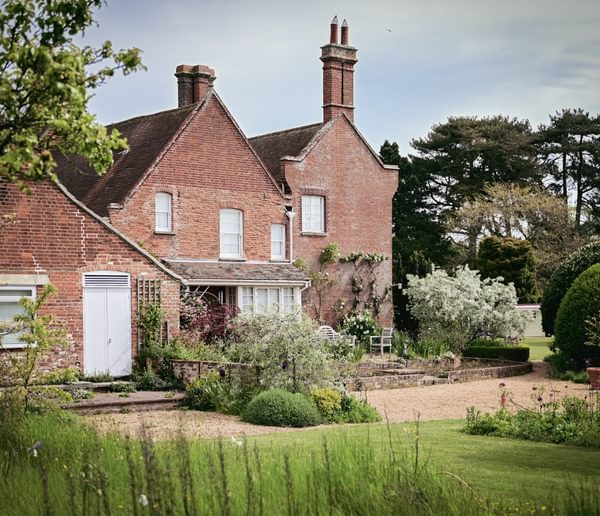Peter Pears is considered to be one of the great singers of the twentieth century.
Born in Farnham, Surrey, he was the youngest of Arthur and Jessie Pears’ seven children. His interest in music was established at Lancing College in Sussex and later he entered Keble College, Oxford, to study music in the autumn of 1928, but failed the first-year Pass Moderations exams.
Pears took vocal lessons on a part-time basis and enrolled full-time at the Royal College of Music in 1934, studying with Dawson Freer for what would prove to be only a two-term career as a student. He auditioned successfully for the BBC Singers and the New English Singers, launching his professional singing career.
In 1937 Pears met Benjamin Britten through Peter Burra, a mutual friend. From this developed one of the century’s most important musical partnerships. In the spring of 1939 Pears and Britten travelled to North America, initially for a few months, but stayed for over two years due to World War II. During this time their professional relationship grew into a romantic one that would last the rest of their lives.
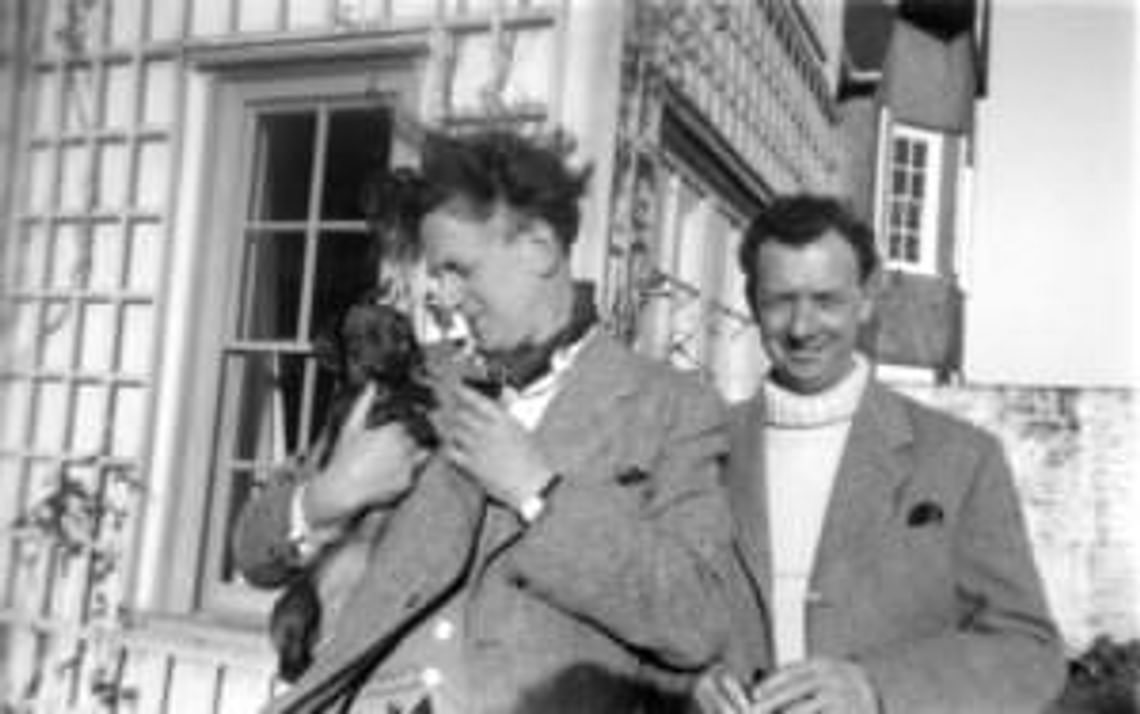
Peter Pears and Benjamin Britten at Crag House, Aldeburgh c.1954. Photographer unknown
On their return to the UK Pears worked with Sadler’s Wells during the war years, appearing in a wide range of operatic roles. His breakthrough was the title character in Britten’s Peter Grimes, first performed at Sadler’s Wells in June 1945. Britten wrote other significant roles for Pears including the Male Chorus in The Rape of Lucretia (1946), the title role in Albert Herring (1947), Captain Vere in Billy Budd (1951), Essex in Gloriana (1953), Peter Quint in The Turn of the Screw (1954), the Madwoman in Curlew River (1964) and Gustav von Aschenbach in Death in Venice (1973).
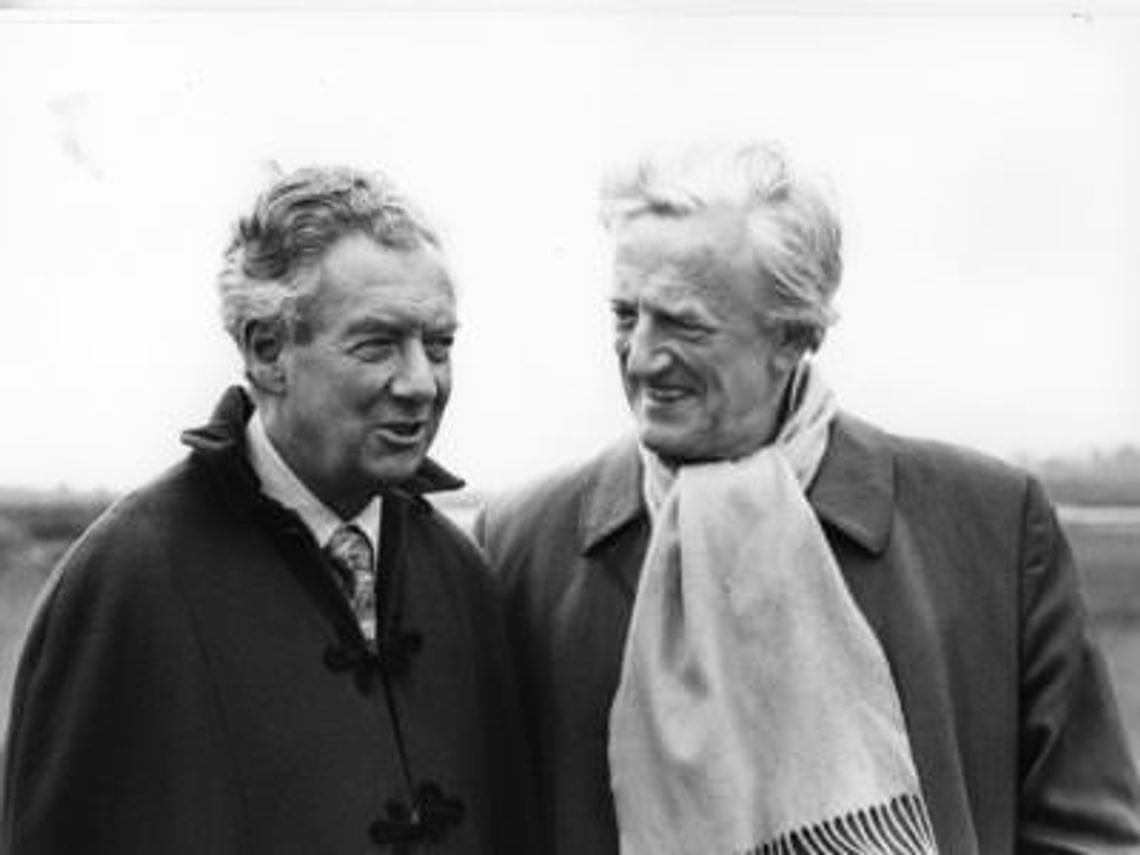
Benjamin Britten and Peter Pears out walking. Photo copyright Victor Parker
Pears shared Britten’s belief in the importance of making music, art and literature widely accessible. He, along with Britten and Eric Crozier founded the Aldeburgh Festival in 1948 and as well as a regular performer, he was the festival’s artistic director for nearly forty years. Although he is best remembered as the principal interpreter of Britten’s music, Pears also championed the work of other composers, and formed significant working partnerships with musicians other than Britten.
Pears was an astute commentator and teacher of music whose insight into the workings of the voice was from a performer’s point of view. He taught at Dartington School from the 1950s and in the 1970s established, with Britten, the Britten-Pears School for Advanced Musical Studies (now the Britten-Pears Young Artist Programme).
In May 1980 Pears opened The Red House as a public research facility and his love of art, literature and education paved the way for a significant legacy, much of which remains in evidence in the collections at The Red House.
Read next
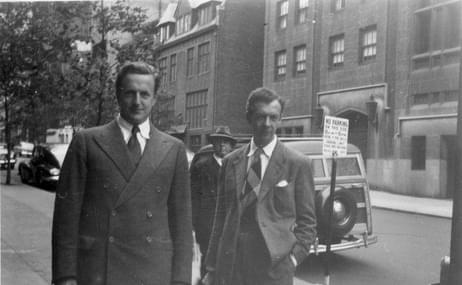
Britten’s A.M.D.G.
As we look forward to the BBC Singers’ performance at the 76th Aldeburgh Festival, we dive deeper into the ‘hidden gem’ that is Britten’s…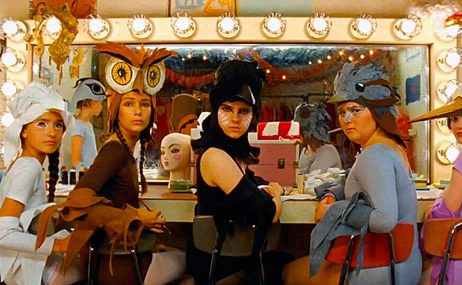
Wes Anderson and the music of Benjamin Britten
A decade after Moonrise Kingdom brought the music of Benjamin Britten to a brand new audience, Hannah Lack finds that for…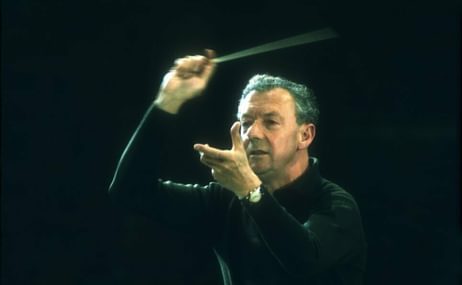
Who was Benjamin Britten?
Benjamin Britten was one of the twentieth century’s great composers. He is particularly known for his operas, but also for choral works, and the many…

